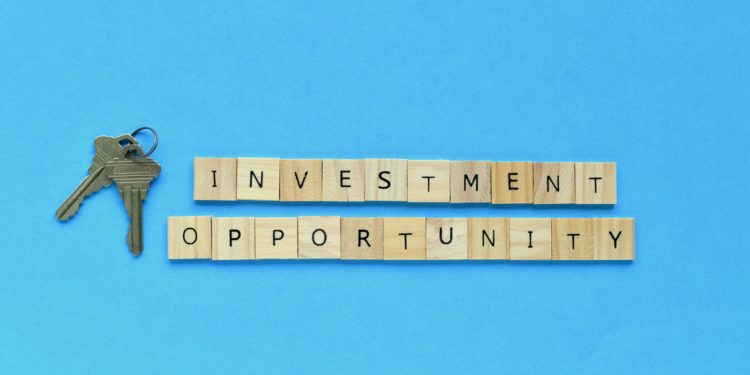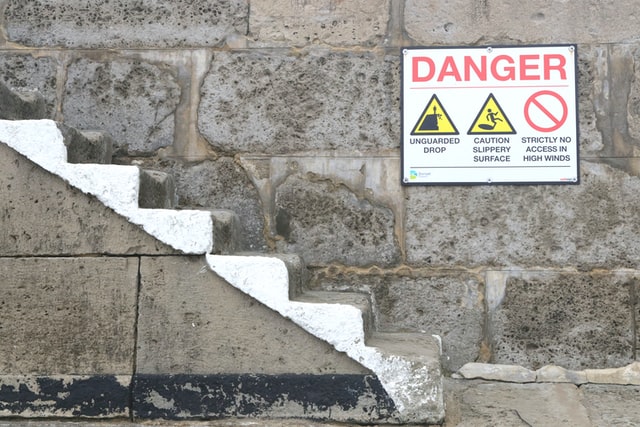Sam Zell is a legendary US real estate investor who made his fortune by investing in undervalued real estate properties and holding them for the long term. Zell is considered the creator of the contemporary Real Estate Investment Trust (REIT) and is the founder of Equity Residential (EQR) – A apartment REIT with a market capitalization of nearly $20.5 billion, and Equity Commonwealth (EQC) – A office REIT with properties across the U.S. and a market cap of $3.32 billion as of October 2020.
Lesson #1. “Risk is the ultimate differentiator”
Zell strongly believes that taking chances is really the only way to consistently achieve above-average returns in life as well as in investments. Zell prides himself in doing everything possible to understand the risks associated with an investment and finding ways to mitigate them or minimize their impact. This has allowed him to acquire properties that others felt were too risky to touch at steep discounts, many times being the only buyer for these assets.
Lesson #2. “Look for big upsides with a small downside”
Zell encourages potential investors to take a chance if a deal has a big upside and a small downside while encouraging people to run the other way if the opposite is true. According to Zell, the ability to assess an investment’s risk/return ratio is probably the most significant determinant of a person’s success as an investor.
Lesson #3. “Never risk what you cannot afford to lose”
Though most people love focusing on the endless upside possibilities or how much money they can make when buying a property, Zell prefers to start by understanding all the possible downsides of a deal. He advises people to never risk what they cannot afford to lose and to ask themselves these key questions when analyzing an investment: What’s the outcome if everything goes wrong? What actions could I take? Can I bear the cost? Can I survive it?
Lesson #4. “Learn to estimate replacement cost”
According to Zell, a real estate asset’s replacement costs matter more to him than rents or comparable prices as he has always felt that the replacement cost of an asset determines the price of future competition. So if you are able to purchase a property for a significant discount to its land value and construction cost, you could make a reasonable bet that someone in need of such a property down the line would pay you what it’s going to cost to recreate the property and save themselves the time and hassle of constructing it from scratch.
Lesson #5. “Anytime you don’t sell, you buy”
Zell is famous for buying cheap real estate from distressed owners and offloading assets when he feels their price is overvalued. Another way to look at this is from the standpoint of opportunity costs – ask yourself if you would buy the asset you already own at its current market price or if you would prefer to buy something else. If you would prefer to buy something else then you may want to consider selling your owned asset and purchasing an asset that you feel offers you a better value for money at the time.
Lesson #6. “Emerging markets are a story of demography”
Zell likes emerging market real estate because of its built-in demand however, he cautions investors that when you are investing in emerging markets, you are trading the rule of law for growth. Emerging markets like India, Mexico, South Africa, and Brazil have younger populations and higher population growth rates as compared to developed countries like the U.K., France, Japan, Spain, and Italy whose populations are declining. In addition to population growth, you also want to look at immigration, relocation and other factors that may alter demographics and boost demand.
Lesson #7. “Political leadership is important”
Zell believes that the ideal leader is a growth-oriented President who is a fiscal conservative and a social liberal. Though these terms may mean different things in different places, fiscal conservatives generally advocate for tax cuts, reduced government spending, free markets, deregulation, privatization, free trade, and minimal government debt.
Lesson #8. “it’s all about supply and demand”
Last but not least Zell says that the real estate market is all about supply and demand. When there is no supply, real estate performs very well, and when there is oversupply real estate will suffer. In other words, to attain a higher valuation, your real estate asset needs to be unique or in short supply compared to the demand. Keep this in mind the next time you are looking to make an investment.
We hope you enjoyed this article! If you are looking to invest in real estate assets in India or other Global locations, please feel free to get in touch with us using the form below:

















